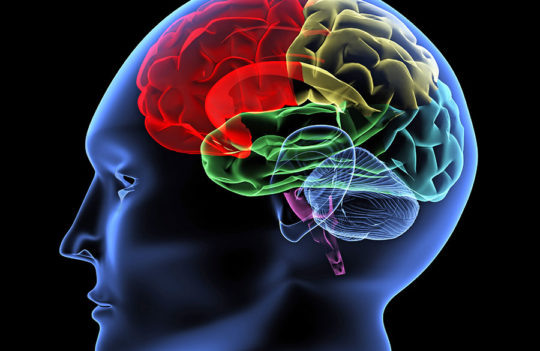
Brain inflammation linked to uncommon type of ‘early-onset’ dementia
“Inflammation in the brain ‘linked to several forms of dementia’”, reported ITV News. The headline stems from research into a rare type of dementia called frontotemporal dementia. This type of dementia mostly affects adults who are 45 to 65 years of age and involves the front sections of the brain. It causes symptoms such as





Most Commented